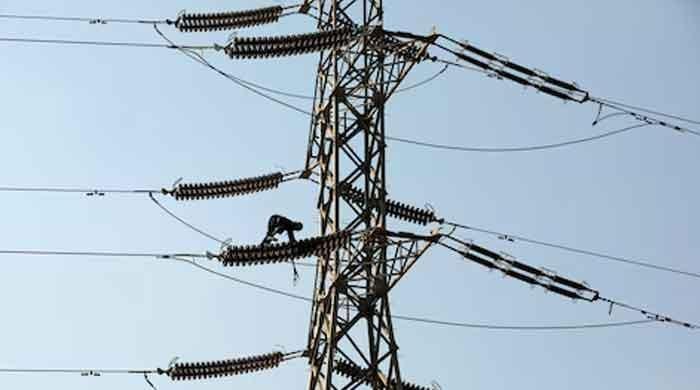- Final energy consumers can experience the increase in rates, mainly in the head of FCA.
- CPPA-G requests negative adjustment of 3 paisa per unit in FCA.
- NPCC warns about the expected increase in electricity rates during the summer months.
Islamabad: Final energy consumers are more likely to experience an increase in rates, mainly in the fuel cost adjustment chief (FCA), while the government will provide relief in the electricity rate at RS7.41 per unit in May, The news reported.
Due to the lower water level in Tarbela and Mangla dams and the neelum-Jehlum dysfunctional project, which causes more dependence on the expensive thermal energy generation, the probable increase in electricity rates is mainly due to a lower generation of hydroelectric plant in the summer months.
This has been communicated by the General Manager of the National Energy Control Center (NPCC) during a public hearing here on Tuesday on the FCA on the application submitted by records for March 2025.
The NPCC warned about the expected increase in electricity rates during the summer months due to the reduction of hydroelectric energy generation and a greater dependence on expensive fuels.
The Central Power Purchase Agency Garanten Limited (CPPA-G) requested a negative adjustment of 3 paisa per unit in FCA.
When combined with the 90 PAISA previously approved per unit for April, May and June 2025, the net negative impact will be 50 paisa per unit.
The NPCC general manager clarified, while there will be no shortage in energy generation, FCA will increase due to the use of more expensive fuels.
The executive director of CPPA-G, Rihan Akhtar, supported the NPCC evaluation with respect to the expected increase in the FCA.
Arif Bilwani, an intervener of Karachi, raised several questions about the Government’s future energy generation plans, the structure and arrangements of FCA made by the relevant agencies.
Amir Sheikh, another intervener, said, while captive power plants have been forced to change the national network, releasing indigenous gas and RLNG, particularly from Sindh and KPK, this gas has not been assigned to IPP or other sectors.
As a result, he argued, the industry has not received any benefit in the form of higher FPA reimbursements. He questioned where deviant gas is being used, emphasizing that the industry should benefit from it through a higher FPA refund.




